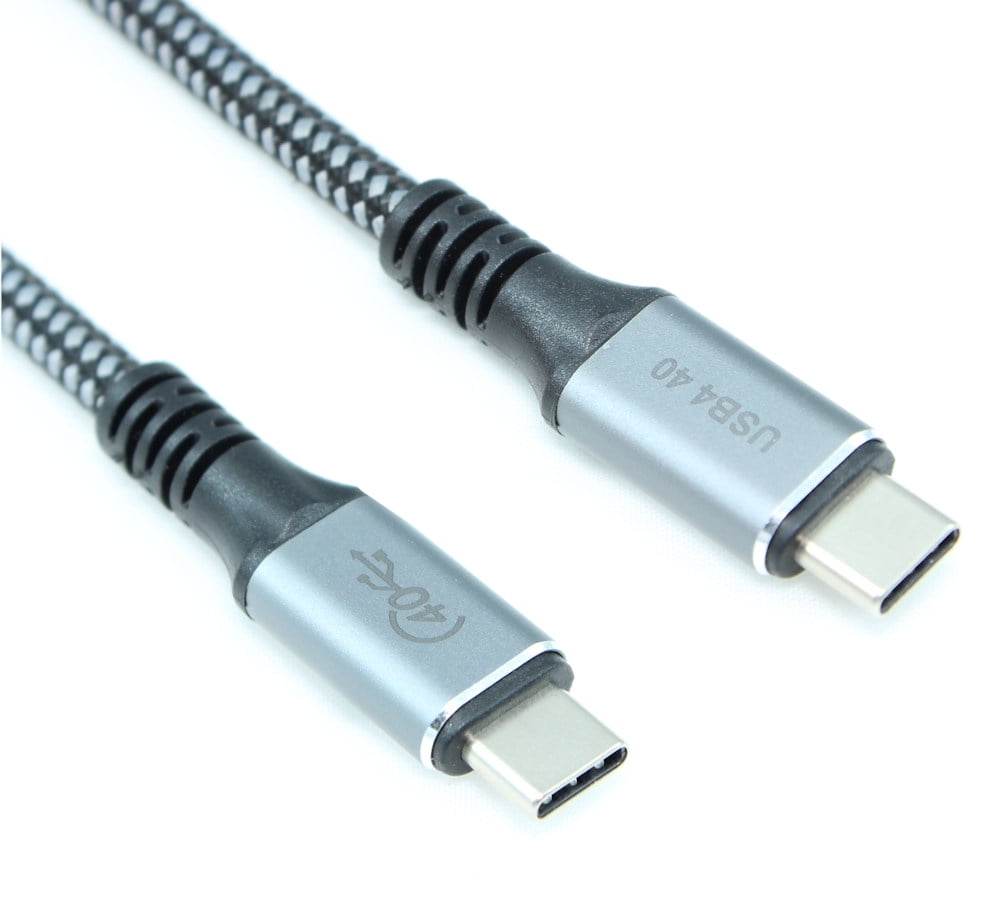- Joined
- Feb 18, 2002
- Thread Starter
- #41
EarthDog, what does all this mean, what do you actually see when you copy/paste a file on the following drive, I mean they're saying five to seven GB/s for this drive:
https://www.storagereview.com/review/sabrent-rocket-4-plus-ssd-review
So what, you copy/paste a DVD size file and the copy/paste operation is done in under one second? Really, under one second for a 4.3 GB file? So fraction of a second?
Or you copy paste a blu-ray file that's say 30GB and that's done in five seconds. Really?!
https://www.storagereview.com/review/sabrent-rocket-4-plus-ssd-review
So what, you copy/paste a DVD size file and the copy/paste operation is done in under one second? Really, under one second for a 4.3 GB file? So fraction of a second?
Or you copy paste a blu-ray file that's say 30GB and that's done in five seconds. Really?!
